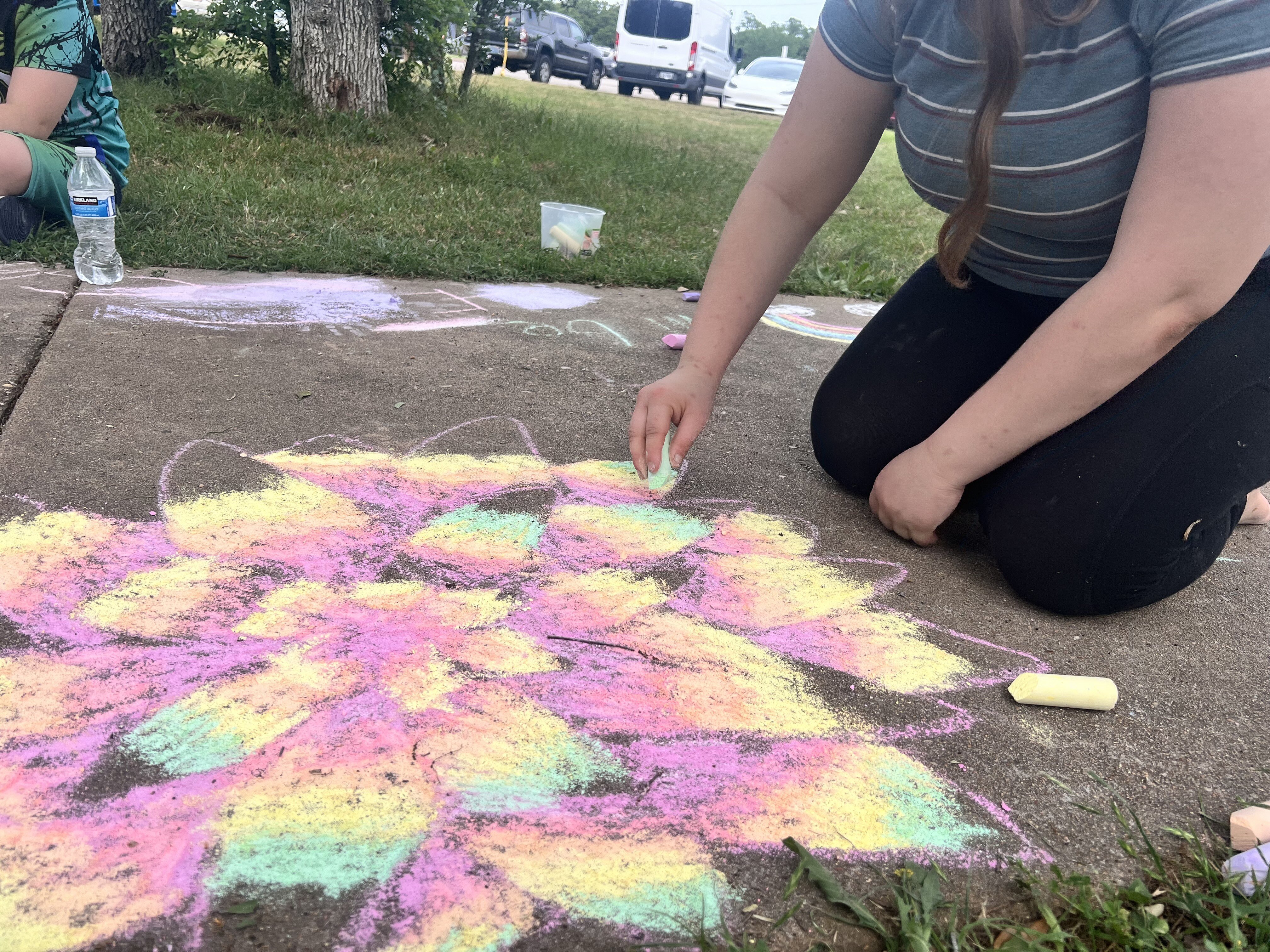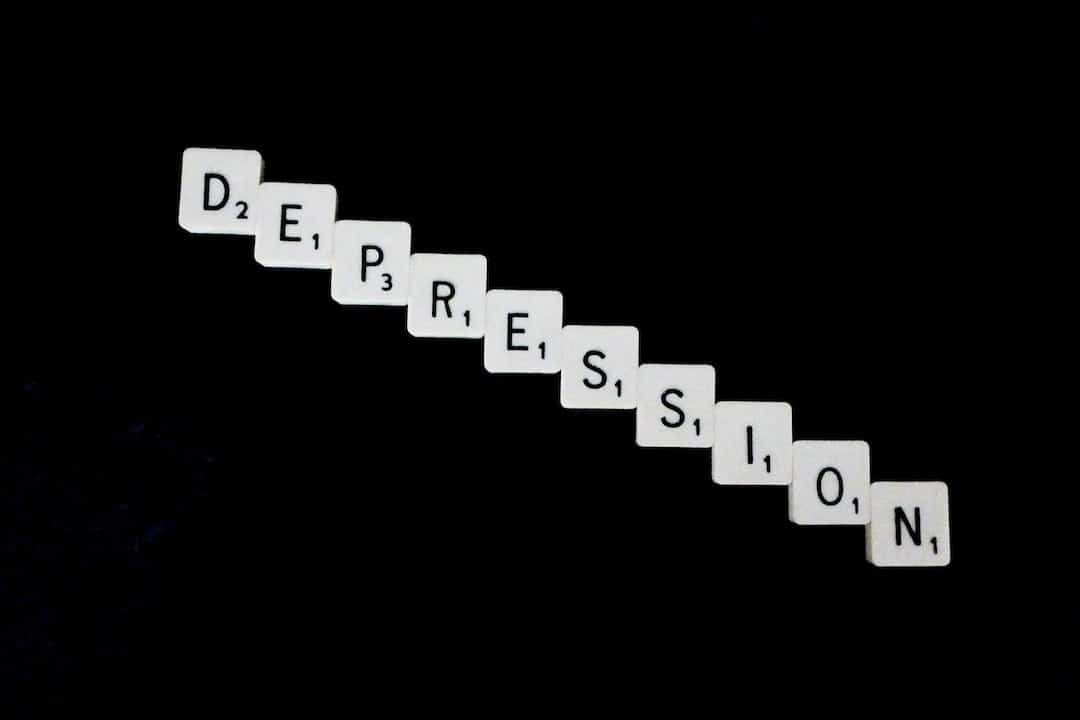5 Healthy Coping Mechanisms for Mothers With Co-Occurring Depression
Many women in treatment for substance use disorder (SUD) have one or more co-occurring mental health disorders. Depression is one of the most common co-occurring disorders for women in recovery. According to the National Institute of Mental Health (NIMH), “[R]esearch suggests that people with depression and other medical illnesses tend to have more severe symptoms of both illnesses.” Emerge Recovery TX uses personalized treatments to ensure mothers in recovery have access to the support they need to treat co-occurring depression.
Why Is Mental Health Treatment Important for Mothers in Recovery?
Depression is often a sign something is wrong in a woman’s environment or mental health. Recovering from substance misuse is not easy. The symptoms of depression and other mental health issues make it more difficult for some women to cope with everyday stressors and maintain motivation for long-term recovery.
Mental health treatment for co-occurring disorders is essential because it does the following:
- Lowers overall stress
- Increases motivation and positivity
- Decreases self-isolating behaviors
- Reduces the risk of self-harming behaviors
- Increases self-confidence and self-esteem
Emerge Recovery TX treats co-occurring disorders, including clinical depression, simultaneously to ensure the best possible outcome. Mothers are encouraged to find healthy ways to improve their mental health and build better daily routines to ensure continued sobriety after completing treatment.
5 Ways Mothers Cope With Co-Occurring Depression
Mothers have a higher risk of experiencing symptoms of depression during treatment and early recovery. According to the Journal of Women’s Health, “Maternal depression is a major public health problem in the United States, with an estimated 1 in 10 children experiencing a depressed mother in any given year.” Early intervention and treatment reduce the effect of depressive symptoms. Emerge Recovery TX uses comprehensive admissions assessments and screening tools to diagnose depression and ensure clients have the best treatment options to address their symptoms.
#1. Tracking Symptoms to Identify Triggers of Co-Occurring Depression
Coping is more manageable when people know what triggers depressive symptoms or episodes. Thought journaling and mood tracking are a few ways people identify the triggers affecting their mood and mental health. Emerge Recovery TX uses cognitive-behavioral therapy (CBT), prescription medication, and other treatments to help clients manage depression during recovery.
Some common triggers for depression include:
- Relationship problems or tension within the family
- Any form of loss or grief
- Chronic health issues, including unhealthy sleep patterns and malnutrition
- Lack of positive social interactions
- Physical, emotional, sexual, or verbal assault and harassment
- Chronic or acute stress
Treatment is more effective if women identify what causes their depressive symptoms. Often, multiple issues combine to create more significant stressors. Women use therapy and other treatment services to address underlying mental health problems.
#2. Reducing Overall Stress in Your Day-to-Day Life
Stress reduction improves mental health and overall well-being. Mothers reduce stress by coordinating with their care team and support system to get additional support in caring for themselves and their loved ones.
A few relaxing activities mothers may use to cope with depression during recovery include:
- Engaging in low-stress social activities, including hobby groups or chatting with close friends
- Taking a walk alone while practicing mindfulness or relaxation exercises
- Enjoying a nice meal alone or with a loved one
- Reading a book, watching a movie, or doing some other activity to engage the imagination and reduce stress
- Meditating
- Engaging in low-stress exercises like yoga
Mothers use self-care and relaxing activities to lower stress and decrease the symptoms of depression.
#3. Increasing Self-Care to Avoid Co-Occurring Depression
Self-care is an essential part of treatment. Establishing and maintaining self-care routines during treatment helps mothers reduce stress during long-term recovery.
Some popular forms of self-care include:
- Staying active by walking, biking, swimming, doing yoga, or participating in other forms of exercise
- Acupuncture, massage therapy, and other complementary treatments
- Setting a nighttime routine to maximize quality sleep each night
- Staying hydrated and eating nutritional meals each day
Self-care focuses on overall wellness. According to the National Institute of Mental Health (NIMH), “When it comes to your mental health, self-care can help you manage stress, lower your risk of illness, and increase your energy. Even small acts of self-care in your daily life can have a big impact.” Reducing stress through self-care minimizes depressive symptoms and improves your overall mood.
#4. Practicing Positivity Each Day
Depression is often characterized by extreme and persistent sadness, helplessness, dread, or hopelessness. Finding ways to increase positivity each day reduces the side effects of depression during early recovery.
Women in treatment practice positivity by doing the following:
- Using affirmations to increase self-esteem and self-confidence
- Journaling about positive events and thoughts
- Sharing happy situations, thoughts, events, and acts with loved ones
- Making a list of positive things
Positivity is easier to maintain when a person sees proof things aren’t as bad as they may feel. Sticking a list of positive things on the fridge or taking pictures of loved ones to look at each day reduces stress and depression.
#5. Setting Healthy Routines to Decrease Stress
Finding healthy ways to manage depression is only helpful if people in recovery sustain those activities long-term. Establishing sustainable and achievable routines and goals ensures women in early recovery feel confident in their ability to maintain sobriety long-term.
Examples of healthy routines include the following:
- Daily self-care
- Maintaining personal hygiene
- Spending time each day in meditation
- Setting a bedtime routine to reduce distractions
- Spending more quality time with loved ones
Emerge Recovery TX helps women set clear goals and establish healthy routines during early recovery.
Depression affects millions of women every year. Mothers recovering from substance misuse often experience more stress and have a higher risk of developing co-occurring mental health issues, including major depression or postpartum depression. Evidence-based therapies, including psychotherapy and prescription medication, help women manage depression during treatment. Long-term recovery requires healthy coping skills to reduce the risk of relapse. Women use regular self-care, peer support, and other coping mechanisms to manage the symptoms of depression. Emerge Recovery TX helps mothers find healthy ways to balance their recovery with family responsibilities. The reduced stress of having a support team helps many women manage depression. To learn more about our services and programs, call us at (737) 237-9663.






